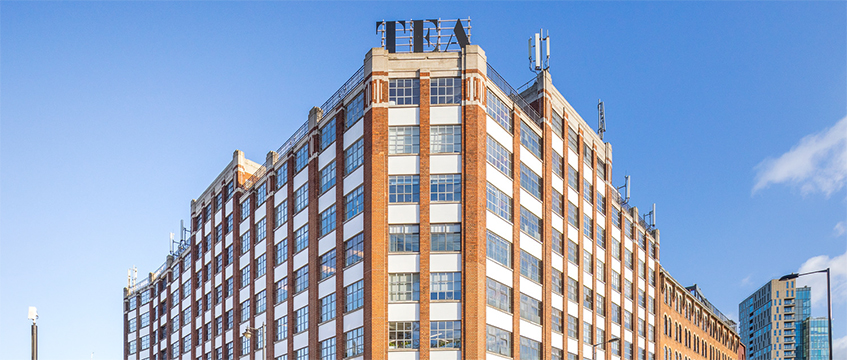Derwent swings to a loss after taking pandemic hit
Derwent London has dropped into the red with an £83m pretax loss in the past year, after the pandemic left the London office market in a “much weaker position”.
The loss, which is partly a result of Derwent’s properties dropping in value, compares to a profit before tax of £280.6m a year earlier.
Results for the year ended 31 December reveal a 3.7% drop in EPRA net tangible assets to 3,812p per share.
Derwent London has dropped into the red with an £83m pretax loss in the past year, after the pandemic left the London office market in a “much weaker position”.
The loss, which is partly a result of Derwent’s properties dropping in value, compares to a profit before tax of £280.6m a year earlier.
Results for the year ended 31 December reveal a 3.7% drop in EPRA net tangible assets to 3,812p per share.
Derwent collected £174.3m in net rent, down 2.1% from the previous year. Although ERV in 2020 fell by 2.8%, the business predicted a 0-5% uplift this year.
Chief executive Paul Williams said in a statement: “Like the economy, the London office market is in a much weaker position than one year ago. The government’s continued support will help strengthen the recovery but it will take time before confidence is fully restored.”
Speaking to EG, he played down predictions that occupiers would increasingly look to establish offices outside of London as they adopt a hybrid working model after the pandemic.
“There is always going to be some demand [for regional offices]. But I do not see this hub-and-spoke model, nor do I see people wanting to move out.”
It comes despite a number of major UK occupiers such as KPMG saying they would review their office footprint, with experts predicting more will look to branch out from central London.
Williams said Derwent had surveyed its tenants, and that all of them said they wanted to return to its office buildings. “I hear what people are saying about this but I’m a great believer in London,” he added.
Derwent reported a negative total return of -1.8%, against 6.6% in 2019. Its total property return sat at 0.3%, compared to a benchmark index of -2.4%. At the end of the year, the portfolio was valued at £5.4bn, reflecting a 3% fall.
Chairman John Burns, who is stepping down from his post, added: “This statement is my last after 37 years with the company and I am proud of the team who have risen to the challenges of the last year.
“Whilst economic recovery will take time, we now have an EU trade deal and an effective vaccination programme. I have every confidence London will continue to be one of the world’s best cities for living, recreation, education and business.”
Burns will be replaced by former JP Morgan investment banker John Breuer.
To send feedback, e-mail emma.rosser@egi.co.uk or tweet @EmmaARosser or @estatesgazette











